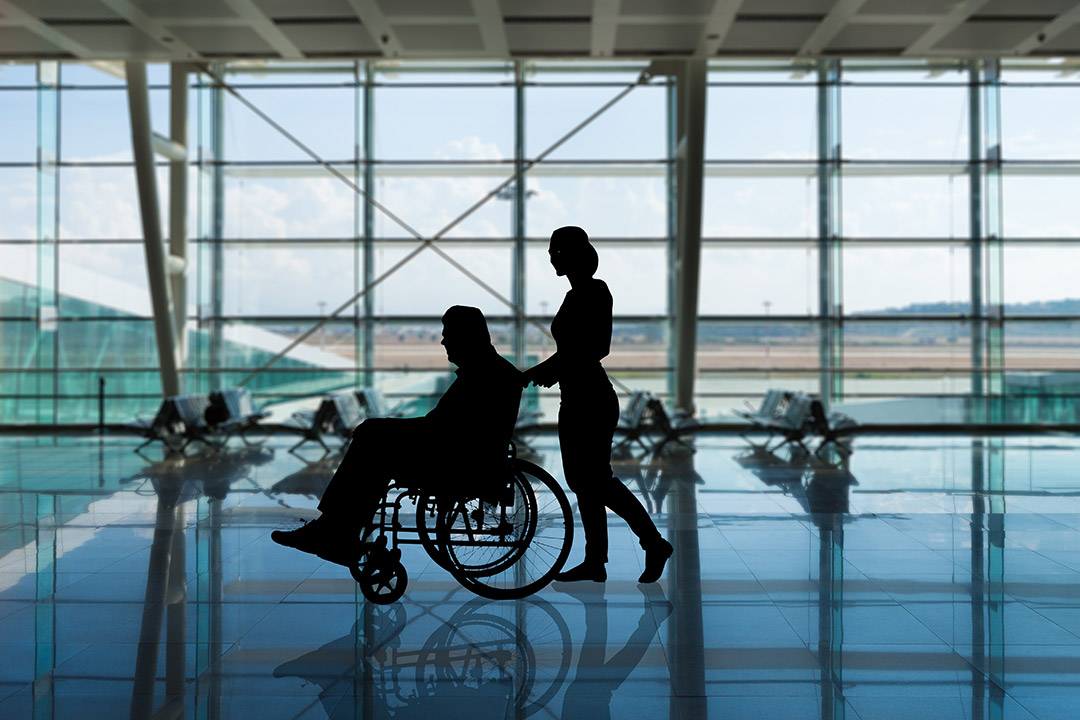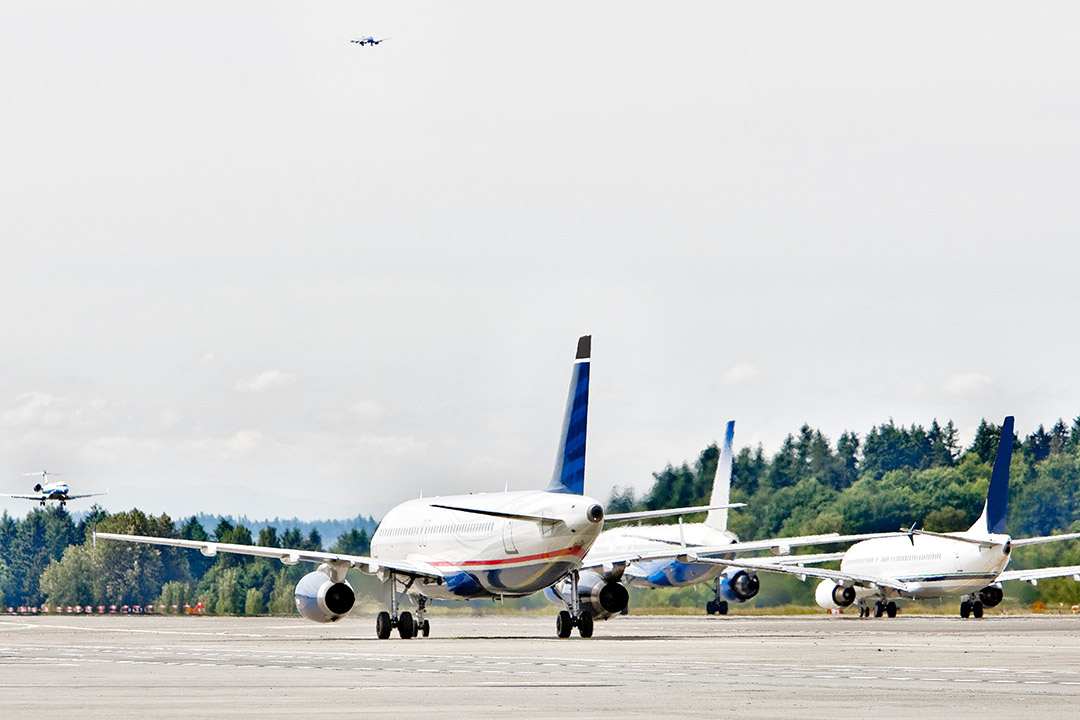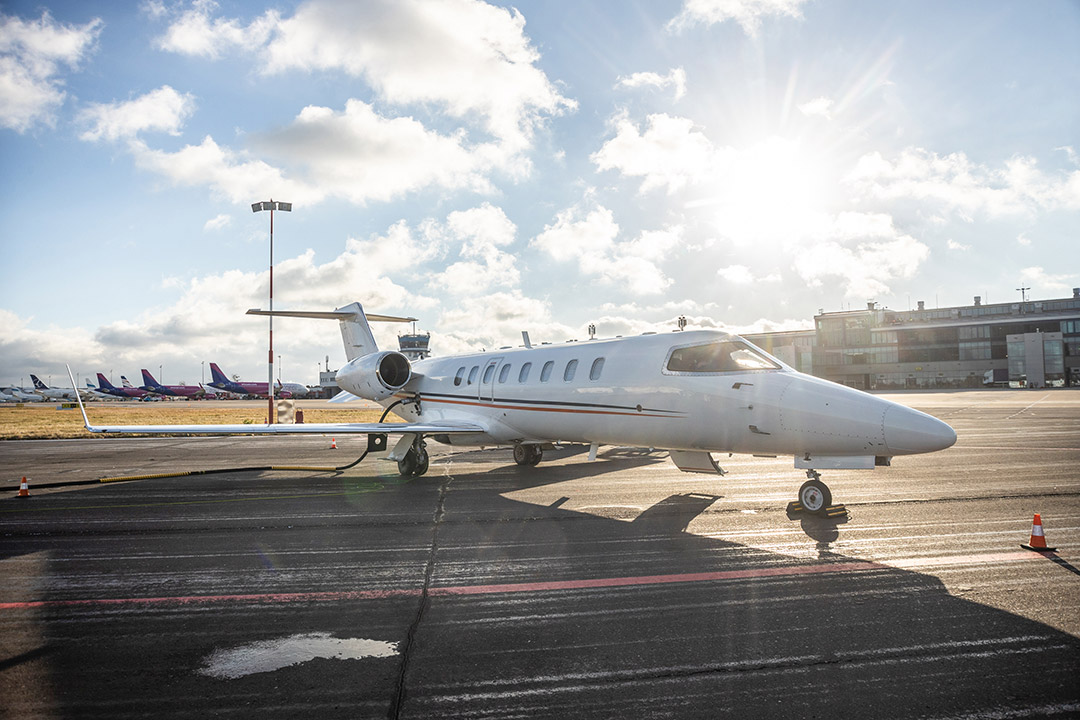You have been planning your dream vacation for months, have packed your bags, double-checked your itinerary, and are ready to embark on your adventure. But suddenly, you remember that you need to bring your essential medications along. Panic sets in as you wonder, "Can I even bring my meds on the plane? What if I get stopped at security?". Many travelers face the same concerns when flying with medication. Whether you are embarking on a short domestic flight or a long-haul international journey, it is crucial to understand the rules for flying with your essential medicines. From packing your prescriptions to dealing with airport security, this comprehensive guide will provide you with valuable tips to ensure a smooth and stress-free travel experience.
Can you fly with medication?
Passengers can bring most medications, including prescription drugs and over-the-counter remedies, on planes in their carry-on and checked luggage.
Controlled substances and certain banned medications may require additional documentation or be prohibited altogether.
To ensure safe travel with medication, plan ahead, carry proper documentation, and pack medications strategically.
Medical Transport International 24/7 offers medical escort services for patients needing assistance managing medications during travel.
For patients requiring ICU-level medical equipment or extensive support, we provide fully-equipped air ambulance services with a skilled medical crew.
Can you bring your medication on a plane?
Yes, you can usually bring your medication on a plane. Whether you are packing prescription drugs, over-the-counter medicines, or even certain medical devices (depending on airline restrictions), the Transportation Security Administration (TSA) and most airlines have clear policies in place to ensure that passengers can bring their necessary medications on board.
What medications are allowed on commercial flights?
Most medications, including prescription drugs, over-the-counter remedies, vitamins, and allergy pills, are allowed in your carry-on and checked luggage.
The vast majority of medications are given the green light for takeoff. Whether you are carrying your allergy medicines, daily vitamins, or prescription tablets, the TSA and airlines are usually OK with your medical needs.
Here's a quick rundown of some common medications that are cleared for takeoff:
Prescription medications: From antibiotics to antidepressants, blood pressure meds to birth control, most prescription drugs are allowed in your carry-on and checked bags.
Over-the-counter remedies: You can pack your go-to pain relievers, cold and flu medicines, and allergy pills without any fuss.
Asthma inhalers and EpiPens: If you rely on these lifesaving devices, you are in the clear to bring them on board.
Vitamins and supplements: Whether you are a vitamin C enthusiast or a daily multivitamin devotee, you can keep up your wellness routine while in the air.
Insulin and diabetes supplies: If you are managing diabetes, you can confidently pack your insulin, syringes, and other necessary supplies.
Remember: If you need to transport liquid medications that exceed the standard 3.4-ounce (100 milliliters) limit, simply notify the TSA officials at the screening checkpoint. If you require oxygen during your travel, you should check with your airline ahead of time to confirm your exact device is approved.
Are there any controlled or banned medications for air travel?
Certain controlled substances, such as strong painkillers or sleeping pills, may require additional documentation. Moreover, drugs like marijuana, CBD oil, and anabolic steroids are strictly prohibited on airplanes, even if they are legal in your home country.
When it comes to controlled or banned medications for air travel, it is important to know that not all drugs are automatically approved. Some medications, particularly controlled substances and certain over-the-counter items, may cause some concern at airport security if you are not prepared. For example, if you are packing prescription medications that are classified as controlled substances, such as strong pain relievers like opioids or certain sleep aids, you will want to make sure you have all the necessary documentation. This typically includes a valid prescription and a letter from your doctor explaining your need for the medication.
Additionally, there are a few medications that are outright banned from flights, such as:
Anabolic steroids (without a valid prescription).
Illicit drugs (such as cocaine, heroin, or ecstasy).
CBD oil (unless it is FDA-approved, like Epidiolex).
Marijuana (even if it is legally prescribed in your state).
Caution: While some medications may be legal in your home country, they could be banned or restricted in your destination. Some common cold and flu medications, such as pseudoephedrine, is restricted in some countries due to its possible usage in the manufacture of illicit substances.
How can you ensure safe travel with medication?
To ensure safe travel with medication, it is essential to plan ahead, carry proper documentation, and pack your medications strategically.
Traveling with medication doesn't have to be a daunting task. With a little bit of planning and preparation, you can ensure that your health remains a top priority while you are on the go. Here are some tips and best practices to help you travel safely with your medications:
Keep your meds in their original packaging: This makes it easier for airport security to identify your medications and helps avoid any potential confusion.
Carry a copy of your prescriptions: Having a written prescription or a letter from your doctor can come in handy if you are questioned about your medications at the airport or if you need to refill a prescription while traveling.
Research your destination: Some countries have strict regulations on certain medications, so it is crucial to research your destination's rules before packing.
Pack your meds in your carry-on: This way, you will always have access to your medications, even if your checked luggage gets lost or delayed.
What solutions are available for patients needing to travel with medical devices?
For patients who require constant care or need to travel with specific medications or medical equipment, two main solutions are available: medical escort services and air ambulance services. These options ensure that patients can travel safely and comfortably, with the necessary medical support and equipment.
At Medical Transport International 24/7, we understand that traveling with medication or medical devices can be challenging, especially for patients who require constant care. That is why we offer two primary solutions to help you travel safely and comfortably:
Medical escort service
Air ambulance service
Medical escort service for patients requiring medical devices
 Our medical escort service is the perfect solution for patients who need assistance managing their medications or medical devices during travel, but do not require extensive air care. When you choose our medical escort service, you will be accompanied by one of our medical professionals – either a doctor or a nurse – who will be by your side throughout your entire journey. They will provide expert assistance with tasks like:
Our medical escort service is the perfect solution for patients who need assistance managing their medications or medical devices during travel, but do not require extensive air care. When you choose our medical escort service, you will be accompanied by one of our medical professionals – either a doctor or a nurse – who will be by your side throughout your entire journey. They will provide expert assistance with tasks like:
Carrying and storing your medications and medical devices: Your medical escort will help you keep your medications organized, secure, and easily accessible during your trip. They will also assist with properly storing any medical devices you need, such as a CPAP machine or a glucose monitor.
Communicating with airline staff, TSA, and airport security: Your medical escort will interact with airport security and airline personnel, making certain that your prescriptions and devices are correctly declared to the TSA, and that any required arrangements are made with the airline.
Providing medical supervision: Your medical escort will also be there to help you with administering your medications, monitoring your vital signs, and operating any medical devices you need.
Air ambulance service for patients requiring specialized equipment
For patients who require ICU-level medical equipment or more extensive medical support, our air ambulance service is the ideal solution. Our air ambulances are fully equipped with state-of-the-art medical equipment and a comprehensive array of medications to cater to a wide range of medical needs. Some of the essential equipment and medications you will find on board include:
Defibrillators: In case of cardiac emergencies, our defibrillators are readily available to restore normal heart rhythm.
Infusion pumps: These devices allow for the precise administration of medications, fluids, and nutrients during the flight.
Cardiac monitors: Our advanced cardiac monitors continuously track your heart rate, rhythm, and other vital signs, ensuring your safety throughout the journey.
Portable oxygen concentrators: For patients who require supplemental oxygen, our portable concentrators provide a reliable and convenient source of oxygen during the flight.
Extensive medication supply: Our air ambulances are stocked with a vast array of medications. This ensures that our medical team has access to the necessary medications to manage your condition and respond to any mid-flight emergencies that may arise.
Our medical crew, consisting of critical care nurses, paramedics, and physicians, are trained to handle a wide range of medical conditions and emergencies. They will work closely with you and your healthcare providers to develop a personalized treatment plan that meets your specific needs. Throughout the flight, they will monitor your condition, adjust your treatment as needed, and provide the highest level of care to ensure your safety and comfort.
Contact us to fly safely with your medication!
If you are a patient needing to travel with medication or medical devices, do not let that stop you from exploring the world. Contact MTI 24/7 today, and let our expert medical escort and air ambulance services ensure a safe, comfortable journey.
Reach us by:
Phone: USA: +1 646 335 06 83 / UK: +44 20 3608 0959
Email: info@mti-247.com
Our contact form
:quality(75))
:quality(75))

